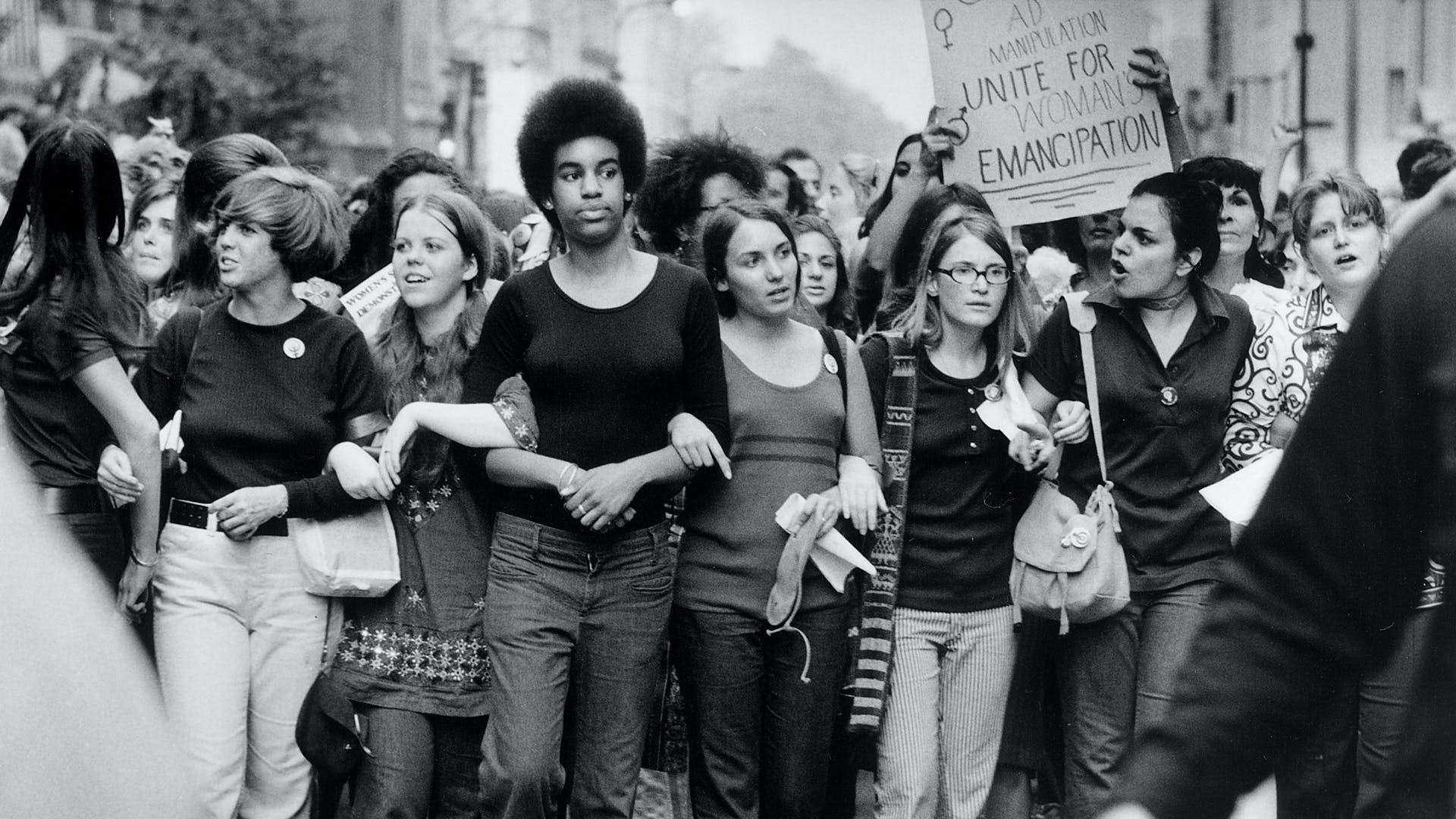Thick and Other Essays 1-6
Thick:
The first essay starts with a story about Tessie Mcmillan Cottom and she discusses how a man had said to her “Your hair thick, your nose thick, your lips thick, the whole thing about just thick” (p. 7). She mentions how people have always made her feel as if she was too much and that she should have been a thing or have less of everything. She mentions how this more so happened with white people and for a long time she tried to change the way she looked. She then decided to stop changing how she looked, which she believed truly helped her express herself through her writing.
In the Name of Beauty:
In this essay, Mcmillan Cottom discusses what it means to be “beautiful.” She emphasizes on how black women are usually thought of less beautiful than white women. In this section of the book, she discusses beauty standards and how in sixth grade her white teacher told her, her breast were distracting (p. 41). She elaborates how white women have an advantage because society views their bodies and looks as ideal. She states “beauty isn’t actually what you look like; beauty is the preferences that produce the existing social” (p. 45). Mcmillan Cottom discusses how beauty is expressed through culture as well. She continues to mention and argue “when I say that I am unattractive or ugly, I am not internalizing the dominant culture’s assessment of me. I am naming what has been done to me. And signaling who did it” (p. 60). In addition, she argues how the desire to beautiful becomes a demand and a market. She argues it is a form of capital and white women control this capital. She argues that self-love and the desire to beautiful is a marketing tactic and way of marketing beauty as a product.
Dying to Be Competent:
In this essay, Mcmillan Cottom discusses how people are not judged based on their earnings and or occupation. She argues that social class, gender, and race, are factors that people judge. She states, “For black women, racism, sexism, and classism have always made us structurally incompetent” (p. 81). She elaborates on pregnancy in the medical system invalidating her pain and feelings. Her story about her miscarriage really stood out to me. Many women who go into their doctor have their feelings dismissed and she emphasizes the problem with how the medical field invalidates neglect black women’s feelings. They told her they couldn’t do anything because she didn’t tell them she was in labor, but she kept telling them something was wrong. No one listened.
Know Your Whites:
In this essay, she discusses how when she attended a fundraising event and how her mother told her “White people are crazy” and how she went to this event listening to how white people She mentions how knowing how white people think and react in certain situations. She discusses how there is a difference between white people believing in the idea of a white president and faith in Obama.
Black is over (Or, Special Black):
This essay discusses the gap and unease between black people who are rich and the average working black individual. She discusses how there is a hierarchy within black communities. She states, “My social status necessitated that I perform or at least desire a different kind of blackness” (p. 146). She also states how when Obama left office “black was over” (p. 150).
The Price of Fabulousness:
This essay discusses the stereotypes and stigma that poor black females experience and how black women from poor lifestyles and families experience discrimination more often and are treated differently than so-called higher-class black women. She discusses the societal belief and idea of poverty. She discusses no matter how smart or talented these black girls are they fail to be successful because of their backgrounds and their disadvantages. In this chapter, she talks about watching her grandmother helping others to make ends meet. She mentions how “status symbols..become keys to unlock these gates” (p. 168). Although this chapter is short, she elaborates on how black people from poor backgrounds experience hardships.
Overall, these chapters go into her personal experience as a black woman and an intellectual black women’s perspective. She experienced hardships that all women do face, but her feelings were invalidated by white women. She was treated differently for the way she looked and her thickness which influenced her perspectives on sexual abuse, beauty, and even politics.
My optional question for you all is when was a time when your feelings were invalidated by a man, or a doctor or when was a time when you have seen a black woman be treated differently or even heard a story when a black woman was treated less than by a white person?
This is a common issue and debate topic in society today. I believe her perspective gives white people an opportunity to hear from personal experience.
My other question, how do you feel about social status impacts your political beliefs?
This video was very insightful, and I thought I would share. It is a sit down with Tressie Mcmillian Cottom to discuss her book.
